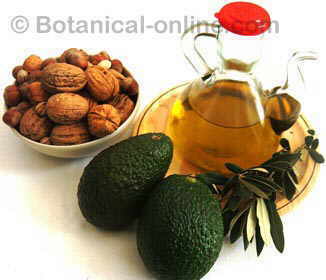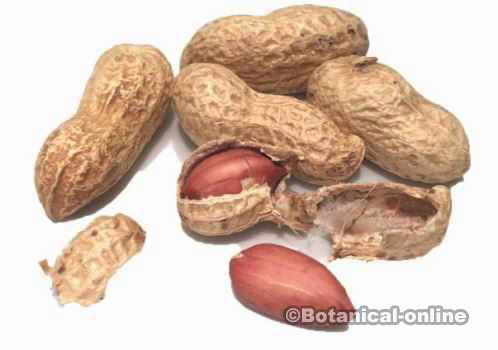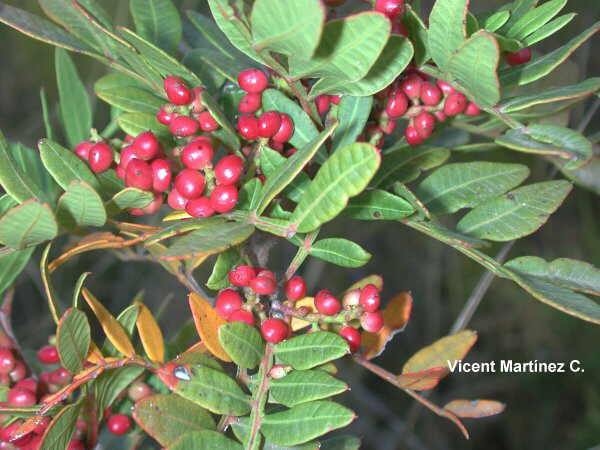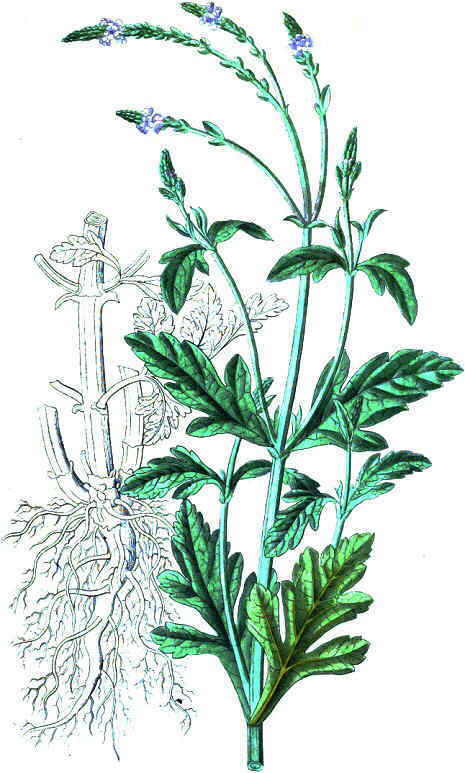Contents
- 1 Side effects and toxicity of hot pepper
- 1.1 What is spicy taste and who should avoid it?
- 1.2 Effects of spicy taste
- 1.3 Side effects and contraindications of hot peppers or chili peppers
- 1.4 Dangers of eating a lot of hot chili
- 1.5 Precautions when using dry chili powder or cayenne remedies
- 1.6 Why is it interesting to buy organic?
- 1.7 Can hot peppers cause ulcers or stomach cancer?
- 1.8 Do creams and ointments with hot pepper or capsaicin have contraindications?
- 1.9 Can capsaicin be taken during pregnancy and lactation?
Side effects and toxicity of hot pepper
What is spicy taste and who should avoid it?
The spicy taste of the food can be due to different substances that the vegetables make (phytochemicals). Most spicy foods consumed in the diet owe their properties to capsinoids such as capsaicin.
These components are found mainly in peppers and hot peppers (Capsicum ssp.) But also, to a lesser extent, appear in ginger (Zingiber officinale).
Effects of spicy taste

Chilies, in small doses, produce a sensation of heat in the mouth and, as the dose is increased, produce a painful sensation by stimulation of sensitive neurons of the mouth or skin.
Side effects and contraindications of hot peppers or chili peppers
If used them properly, in a small amount, chilis do not usually produce serious side effects, except for the sensation of itching and redness, which disappears at most in a few minutes.
In some cases, sensitive people may experience the onset of diarrhea, stomach pain or burning when excreting feces.
Dangers of eating a lot of hot chili
In excess, using too spicy food can cause digestive irritations, throat inflammation and even breathing difficulties. It can also cause stomach pain from the same irritation.
Likewise, when these substances are powdered, they can be inhaled, which will produce a very violent sneeze or sore throat. This can be avoided by taking the proper precautions:
- Wash your hands well after application or use gloves
- Protect the nostrils
- keep some distance from the eyes
Precautions when using dry chili powder or cayenne remedies
When you use remedies with these powdered spices, it is important to protect your nose to prevent aspiration of this powder, which would cause very high sneezing.
Hands should also be washed later with hot water so that this powder does not come into contact with the eyes or there is the possibility of aspirating it.
Why is it interesting to buy organic?
It is interesting the opinion of some scientists on the subject that the spices could increase certain types of cancers due to their content in pesticides, which denotes that it is very important to consume these ingredients ecologically, free of toxic pesticides.
For example, there are studies that correlate capsaicin consumption of chili with an increased risk of stomach and gallbladder cancer. However, the pure substance has no genotoxic or carcinogenic effect. For this reason, some scientists consider the hypothesis that spices could increase the absorption of pesticides, enhancing their toxic effects (just as, for example, it is known that pepper increases the absorption of turmeric and is used for medicinal purposes) .
Finally, we must consider the relationship that has been found between the consumption of aromatic herbs and spices (which includes the consumption of hot peppers and spices), with the reduction of numerous diseases.
Can hot peppers cause ulcers or stomach cancer?
In the properties of hot peppers or chili peppers it is mentioned that they have properties for healing ulcers. Indeed, in the dose is the remedy, you should not abuse them because, as common sense dictates, when taken in excess, are very irritating for the stomach and can even cause asthma attacks in sensitive people.
Do creams and ointments with hot pepper or capsaicin have contraindications?
Due to its analgesic effect, creams with capsaicin are used to mitigate pain in cases such as rheumatism, neuralgia and trauma:
- Because the sensitivity of each skin is different, to avoid adverse effects, it is always recommended to try the cream on a small area of the skin, and observe the reaction it produces.
- Applied externally, during the first external treatments a sensation of heat or even burning is appreciated for about 15 or 20 minutes, which normally disappears after a few applications.
- Although it is not usual, some patients are sensitive to this substance and can suffer adverse reactions in the skin, such as urticaria.
- This type of creams should not be applied in sensitive areas, such as the face, armpits or genital area. Capsaicin or cayenne pepper if it comes in contact with the eyes or other mucous membranes can produce intense pain, although it does not leave sequels and disappears if the affected area is washed with soap and water. Milk can also be used to wash it.
- The use of capsaicin on open wounds or burns should be avoided because it is extremely painful. The external use of this supplement together with certain ACE inhibitor drugs can trigger coughing fits.
- The abusive use of capsaicin should be avoided. Too high doses can cause skin irritations, with the possible appearance of blisters.
- Also, when this product is used for too long on a certain area can cause damage to the corresponding nerves.
Can capsaicin be taken during pregnancy and lactation?
Theoretically, pregnant and lactating women can use this supplement both internally and externally. Only women should abstain during lactation, whose babies show an increase in irritability.
![]() More information on hot peppers
More information on hot peppers








